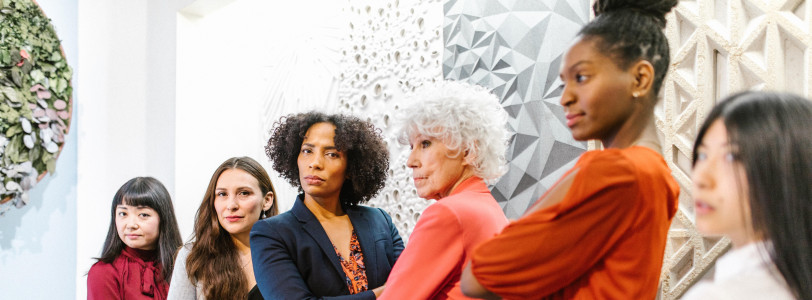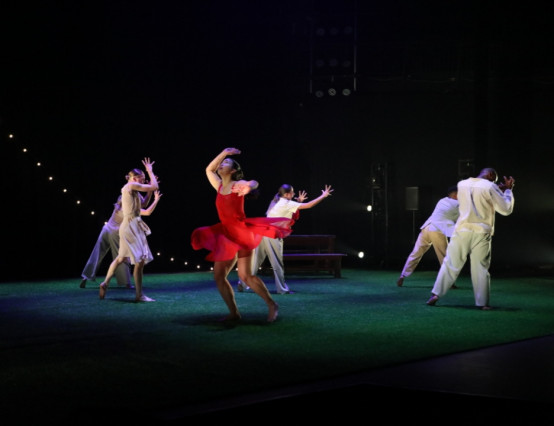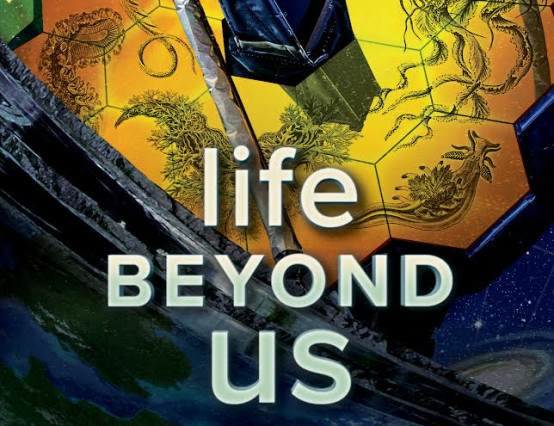This year's theme for International Women's Day is "embracing equity", yet so many women around the world are denied access to even the most basic rights afforded to most men, such as bodily and reproductive autonomy, freedom from abuse, or access to financial services. How can we hope to provide women with the equity needed to give them equality, when they're not currently even treated the same as men?
Women have been fighting for power ever since the 3rd century BCE, yet even today our power structures are dominated by a disproportionate number of men, silencing the voices of other genders. In the UK, there are currently 225 women MPs, compared with 425 men: a figure showing that we still have a long way to go to equality (even if we have made improvements since the single female MP of 1918). The number of women CEOs in the FTSE 250, although at an all-time high, is still only ten in the UK, and 33% of FTSE 250 board members are women. This pattern of power imbalance trickles down the business pyramid. In 2017, only 38% of managerial positions were held by women. Women still lack economic power too: the gender pay gap, although decreasing, is still running strong, especially for women with children.
And as if this wasn't bad enough, the women who do find power are often made to feel like their goals and opinions are less important than men's. One of the few ways women have been able to gain power is by adopting traditionally "masculine" characteristics, such as taking up more physical space, or talking louder and with a lower tone.
This is further perpetuated in the media we consume, seeing it played out on the big and small screen. For example, Adjoa Andoh (who plays Lady Danbury in Bridgerston), talking of how she used symbols of masculinity to give a sense of her character's power, spoke of how "Men of this period, they had canes, they had hats, they would have a watch chain. So Lady Danbury has a cane, a hat, and a watch chain." This isn't women being seen as powerful for being who they are, but being forced to confirm to others' preconceived image of power.
This leads to a detrimental conflict between four key "paradoxes", where women must simultaneously embody opposite qualities to be perceived as a good leader. Harvard Business Review found that women must be demanding yet caring; authoritative yet participative; self-advocating yet serving others; and maintain distance yet seem approachable. The patriarchal power structures of politics and business expect their leaders (whatever their gender) to embody the "masculine ideals" we've become accustomed to.
Yet we also need to bring some more stereotypical feminine traits into leadership to truly thrive as a society. We can see this kind of feminist leadership embodied in The Hunger Games, where the main character's powerful leadership relies on her use of both her "masculine" and "feminine" qualities. Maybe in the future this style of leadership could become widespread in the real world too.
Julia Gillard, former Prime Minister of Australia said:
"People easily conclude that a woman leader is acting against the stereotypes of empathy and nurturing, so we quickly tip into Cruella or Lady Macbeth or any of those sorts of stereotypes"
Men are inherently at an advantage for gaining professional power because they do not have to continually face the conflict between performing masculinity or performing femininity. Men are socialised to perform masculinity and repress their femininity, which in itself causes a multitude of problems. Even though in recent years there has been a small amount of rejection of society's gendered expectations of men through aesthetics like the "femboy" and the "metrosexual", the expectation of performative masculinity is still prevalent in many professional and private spheres.
Women are expected to perform femininity in all areas of life except when they are trying to gain professional power. This is why we need to do more than meet employment quotas if we are to reach gender equality. We need a societal revolution for how we treat gender as a whole, including gendered qualities. Displaying "feminine" qualities (in any gender) often results in a lower rate of pay: we are actively perpetuating the assumption that these qualities are of less value to our society than "masculine" traits. Which isn't a win for feminism.
María Fernanda Espinosa Garcés President of the UN General Assembly said:
"There is no way we will achieve our vision of a safer, fairer and more sustainable world without the full participation and leadership of women and girls."
Already we are starting to see improvements because of the recognition of gender expansive folks and the consequent reassessment of the traditionally binary understanding of gender, but we need a lot more. Until we are released from the obligations of performative gender, and everyone regardless of gender can use all their skills, until "femininity" is considered as valuable as "masculinity" (especially with regards to monetary value and power), we will never achieve gender equality.








0 Comments